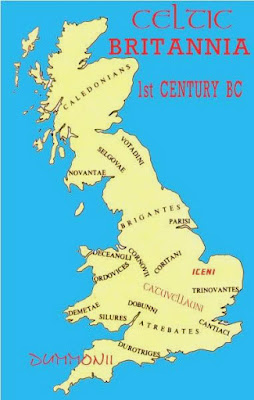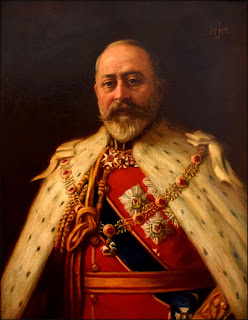Victorian Britain and Industrial Revolution
Causes of Industrial Revolution
 FROM 16TH
CENTURY, PROGRESSES IN TRADING, FINANCIAL METHODS AND IN SAILING WERE BEING
DEVELOPED. RENAISSANCE MADE AN ENORMOUS DIFFERENCE BECAUSE IT PROMOTED THE
CREATION OF THE VERY FIRST CAPITALIST SOCIETIES IN NETHERLAND AND ITALY.
FROM 16TH
CENTURY, PROGRESSES IN TRADING, FINANCIAL METHODS AND IN SAILING WERE BEING
DEVELOPED. RENAISSANCE MADE AN ENORMOUS DIFFERENCE BECAUSE IT PROMOTED THE
CREATION OF THE VERY FIRST CAPITALIST SOCIETIES IN NETHERLAND AND ITALY.
HOWEVER, IN MIDDLE
18TH CENTURY THE HUGEST DIFFERENCE WAS PRODUCED, AS THE HEAVY
INDUSTRY AND MINEWORK STARTED DEVELOPING AND IMPROVING (THEY WERE PRETTY
BACKWARD)
APART FROM THAT, THE
NAPOLEONIC WARS SETTLED DOWN THE EUROPEAN INDUSTRY. DUE TO THE WAR, THE
IMPORTATIONS OF PRODUCTS AND RAW MATERIALS WERE CALLED OFF. IT CAUSED A HUGE
NEED OF SOME GOODS, SO THE GOVERNMENTS WERE FORCED TO DEVELOP NEW INDUSTRIES TO
SATISFY THE DEMANDS OF THE SOCIETY, ORIGINATING NEW INDUSTRIES THAT DIDN’T
EXIST UNTIL THEN.
Workers and children situation
Workers at Victorian Britain didn't the same rights as workers of today have.
They were used to work almost 12 hours a day for a really low salary. The working day had just half an hour of rest, and in this timelapse he workers had to clean the chimney.
Many workers had pneumonia because of the difference of the high temperature inside the factories and the outside. Added to this,there was so many dust, so the probability of contracting different diseases.
 Children were expected to work. Employers could pay a child less than an adult even though their productivity was comparable; there was no need for strength to operate an industrial machine.
Children were expected to work. Employers could pay a child less than an adult even though their productivity was comparable; there was no need for strength to operate an industrial machine.
Workers and children situation
Workers at Victorian Britain didn't the same rights as workers of today have.
They were used to work almost 12 hours a day for a really low salary. The working day had just half an hour of rest, and in this timelapse he workers had to clean the chimney.
Many workers had pneumonia because of the difference of the high temperature inside the factories and the outside. Added to this,there was so many dust, so the probability of contracting different diseases.
 Children were expected to work. Employers could pay a child less than an adult even though their productivity was comparable; there was no need for strength to operate an industrial machine.
Children were expected to work. Employers could pay a child less than an adult even though their productivity was comparable; there was no need for strength to operate an industrial machine.
This made child labour the labour of choice for manufacturing in the early phases of the Industrial Revolution between the 18th and 19th centuries. In England and Scotland in 1788, two-thirds of the workers in 143 water-powered cotton millswere described as children.
With the increase in population and education it became more visible. Many children were forced to work in relatively bad conditions for much lower pay than their elders,[126] 10–20% of an adult male's wage.
British Empire:
A worldwide system
of dependencies —colonies, protectorates, and other territories— that over a span of some three centuries was
brought under the sovereignty of the crown of Great Britain and the administration of the British government.
Origins of the British Empire
Great Britain
started to establish overseas settlements in the 16th century.
Maritime expansion,
driven by commercial ambitions and by competition with France, speed up I the
17th century and resulted in the establishment of settlements in North America
and the West Indies.
Rise of the "Second" British Empire (1783–1815)
Dominance and Dominions
In the 19th century the British Empire was booming.
Administration and policy changed during the century: from the haphazard
arrangements of the 17th and 18th centuries, to the sophisticated system characteristic of Joseph Chamberlain’s tenure
(1895–1900)
in the Colonial Office.
The crowning epoch of the empire took place for about a hundred years
(the so-called imperial century, developed between 1815 and 1914), through a
series of expansion phases related to trade, colonization and conquest, as well
as periods of diplomatic activity . Probably, the point of maximum imperial
boom can be between 1880 and 1930.



Comentarios
Publicar un comentario